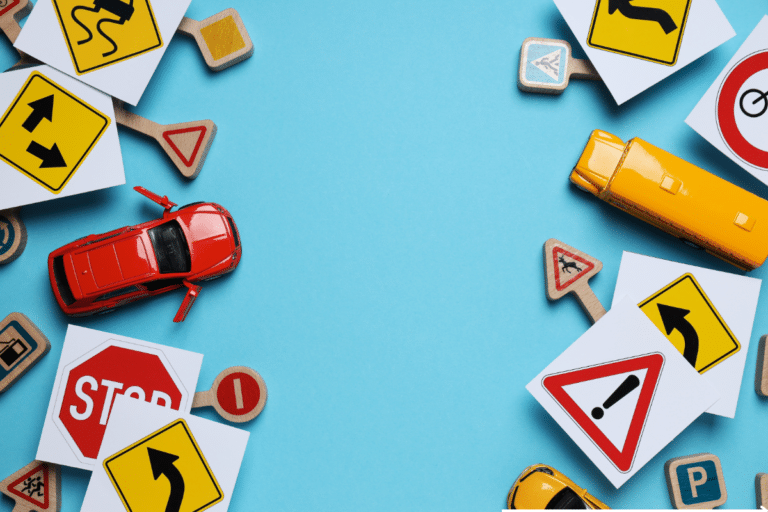When you’re cruising through the streets of Utah, the only thing on your mind is how you’ll spend a snowy afternoon. At this point, driving might be second nature to you. You get behind the wheel and go. Without even realizing it, you may be forgetting some of Utah’s driving laws.
Laws that dictate how you operate a motor vehicle vary state by state. Understandably, you may not be up to date on every driving law that pertains to Utah. However, it’s still important to update yourself and know the law to make sure you’re not breaking it. Several Utah driving laws are often forgotten by many drivers. Sometimes forgetting about these laws can lead to an accident. If you think you were in an accident caused by someone breaking the law, you should contact a Utah car accident lawyer.
Your Registration Card Should Be In Your Vehicle
Registration is a fundamental part of being a responsible driver. Often when you’re pulled over, the officer requests to check your registration. Section 214 of Utah law states that the owner or operator of a vehicle should carry the vehicle’s registration card in the vehicle and must display it upon request for officers’ convenience. Though much of your data is attached to your license plate number, you still must carry your registration card.
Open Alcohol Containers Are Prohibited in Motor Vehicles
While it’s common knowledge that it is illegal to drive while under the influence of alcohol, many people forget that you cannot have open containers of alcohol inside your motor vehicle. According to Section 526, A person may not keep, carry, possess, or transport any container containing an alcoholic beverage if the container has been opened, the seal has been broken, or the contents of the container have been partially consumed. This also applies to any passengers inside the vehicle, not just the driver. An open container cannot even be in the compartment on the passenger’s side of the vehicle.
You Should Be Using Your Turn Signals More
Many people have probably encountered a lack of signaling while on the road. You’re behind someone, then all of a sudden, they start turning or entering your lane with no warning. It seems like someone forgets to use their blinkers every day. It’s important to know that using your turning signal is required by law. According to Section 804, a person may not turn, merge, or change lanes until they have met two stipulations. One of those stipulations is that an appropriate signal has been given for at least the last 2 seconds preceding the beginning of the movement.
You’re Not Allowed to Use Any Handheld Wireless Communication Device While Driving
Distracted driving is a common cause of many traffic accidents, especially cell phones. Cell phones and other electronic devices are so commonplace that we often need them in our cars, but there are laws regarding using those electronic devices while driving. In Utah, it is illegal to text and drive under Section 1716. You can talk on the phone while driving. However, drivers are prohibited from manipulating their devices. For example, drivers cannot dial a phone number while driving.
You and Your Passengers Should Be Wearing Seatbelts
Seat belts are an essential safety feature. Seat belt laws are another area where there’s a lot of variability from state to state. In some places, only the driver needs to wear their seatbelt. There are a few places without any seat belt laws. In Utah, the law requires that drivers and passengers wear a seatbelt. Section 1803 specifies that the driver is responsible for unrestrained occupants under 16 years old.
Protect Yourself by Reaching Out to an Experienced Car Accident Lawyer
Following traffic laws is necessary to keep everyone on the road safe. When everyone follows the law, it is easier to anticipate other drivers’ decisions, and you can be more confident in your decisions. Some drivers don’t follow the rules, and that’s when accidents happen. Fortunately, you can talk to an experienced car accident lawyer.
Feller & Wendt, LLC™ has handled a wide variety of auto accidents. We have probably seen it all, so we have the experience to handle it all as well. Our staff of highly trained attorneys can build you a strong case. We will fight for you until you secure fair compensation. Schedule your case evaluation today by calling us at 801.499.5060 or completing our contact form.





